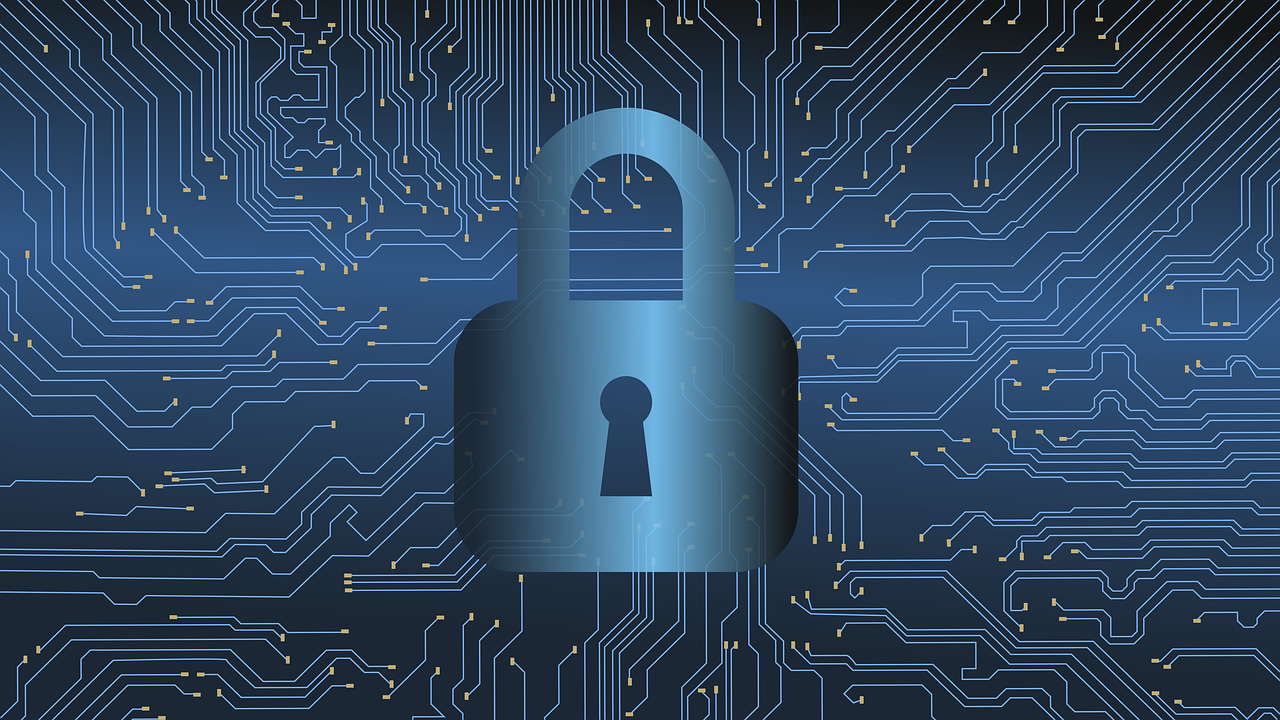
Everyone knows that the coronavirus has changed how we live, work, and play. As a result, people are spending more money and time on the internet than ever before. In fact, some experts estimate that Americans are spending 30% more money online.1 Meanwhile, social media, teleconferencing, telehealth, and mobile payment services are playing an increasingly important role in our daily lives. Many of us are even shopping for groceries online!
The internet makes it easier to do more things from home than we ever thought possible. But with this added convenience comes an added risk: The risk of exposing your identity and financial information to cyber-thieves and hackers.
Data breaches and online scams have increased dramatically since the pandemic began.2 That’s why it’s more important than ever to take simple – but crucial – steps to keep your finances “cyber-secure.” So, as we continue to keep ourselves safe by staying at home as much as possible, here are four things you can do to keep your finances safe, too.
- Keep all software up to date
What does this have to do with cybersecurity? Everything. You see, one of the easiest targets for hackers to attack is outdated software. That’s because older applications often contain weaknesses that hackers can use to gain access to your devices. Your web browser – Chrome, Firefox, or Safari, for example – can be especially susceptible. That’s why you should always:
- Turn on automatic system updates for your computer, tablet, or smartphone.
- Download updates and software patches when prompted.
- Frequently review the apps on your devices, removing the ones you don’t need and updating the ones you do.
- Familiarize yourself with your browser’s extensions – think Flash, Java, AdBlocker, etc. – and keep them updated, too.
Updating your software and devices can be a pain. After all, no one likes it when their computer prompts them to restart for the umpteenth time just so Windows can install new updates. But make no mistake – doing so will make it much harder for hackers to access your devices.
- Use stronger passwords via a password management tool
Your email. Your bank. Your Facebook account. These days, we all have to juggle dozens of passwords. There’s no way to memorize them all, so many people resort to using the same two or three passwords for everything. To make matters worse, these passwords are often extremely simple. (Please don’t be the person who uses “password” as their password.)
As a rule of thumb, your passwords should always:
- Contain at least eight characters
- Contain at least one uppercase letter, one lowercase letter, one number, and several symbols. (Symbols include exclamation points, question marks, and asterisks.)
- Be different from one another. Don’t use the same password twice.
- Change at least once per year.
To help with this, consider downloading a password management app. These are handy tools that make managing passwords a breeze. That way, instead of having to memorize dozens of passwords, you only need to memorize one. The app will do the rest, automatically inserting the right password whenever you need it. Popular password apps include LastPass, Dashlane, and 1Password.
- Embrace two-factor authentication
Two-factor authentication is a techy term for a simple concept. Think about the front door of your home. It probably has two locks – a handle lock and a deadbolt. While the deadbolt is a second layer of security for your home, two-factor authentication is a second layer of security for your identity.
Normally, when you log into an app or website, you type in your username and password. Two-factor authentication goes a step further by requiring you to enter at least one additional form of authentication. This is often a personal identification number, like a four-digit code. It can also be a second password, the answer to a question only you would know, or even your fingerprint. Only by entering two different forms of authentication can you login to the app or website. Yes, it adds another five seconds to the process. But two-factor authentication makes it much harder for thieves and hackers to access your email, Facebook profile, or Amazon account. Use it!
- Use anti-virus (AV) protection software
Back to basics here. It’s been around for decades, but good AV software is still critical to protecting yourself from viruses and malware. Be advised, though, that it’s better to use one program than two or three. Multiple AV programs can clash with each other, slowing your device and paradoxically leaving you more open to attack. So, rely on one good program you can trust, and remember to keep it updated!
These are all basic steps that you’ve probably heard before. But, as a financial professional, I often find that while people have usually heard of these steps, following them is a different matter. So, as you keep working to protect yourself from the coronavirus, take time to protect yourself from hackers and online viruses, too. It’s one of the best ways to keep your identity – and your financial future – secure.




